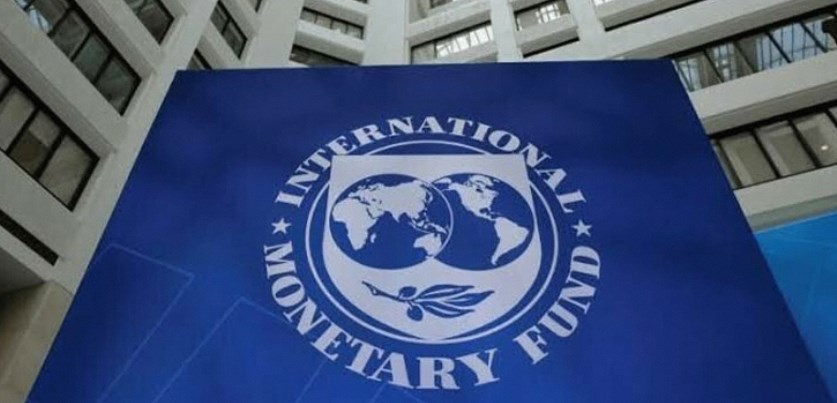
IMF Approves Increase in Benazir Kafalat Program Stipend Amount
The International Monetary Fund (IMF) has approved an increase in the stipend amount distributed under Pakistan’s Benazir Kafalat Program, a significant move aimed at supporting low-income households amid rising inflation. On October 17, 2024, the IMF greenlit this increase as part of its ongoing financial support package for Pakistan, recognizing the need for enhanced social safety nets in the current economic climate.
The new stipend amount, which was raised by approximately 20%, will benefit over 8 million families registered under the program. The decision comes at a time when Pakistan is grappling with economic challenges, including high inflation, soaring food prices, and a weakened currency. The IMF’s approval followed extensive discussions with Pakistan’s finance ministry and relevant stakeholders, who argued that bolstering social welfare programs is crucial for poverty alleviation.
The Benazir Kafalat Program has been a cornerstone of Pakistan’s poverty reduction efforts, providing monthly cash transfers to low-income women. The increase in stipends has been widely welcomed, particularly by welfare organizations, though some economists have raised concerns about the long-term sustainability of such subsidies given Pakistan’s fiscal constraints.
Prime Minister Shehbaz Sharif lauded the IMF’s decision, stating that it would provide much-needed relief to millions of Pakistanis struggling with the economic downturn. However, opposition parties criticized the government’s reliance on IMF bailouts, calling for more self-reliant economic policies.







